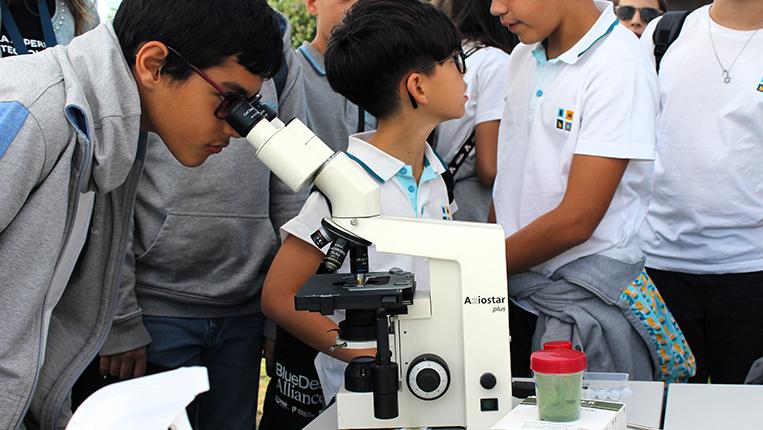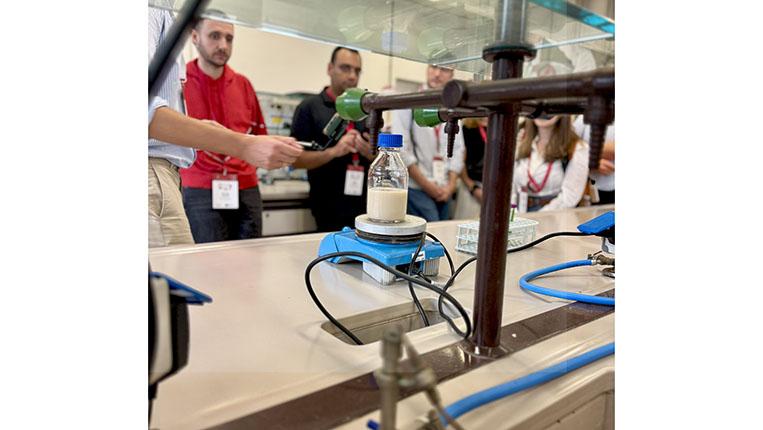Ana Sofia Sousa, researcher in the Bioactives and Bioproducts Research group at CBQF and PhD student at the Faculty of Biotechnology (UCP),), was selected to participate in the 1st INFOGUT Training School (22–24 September 2025, Cesena, Italy).
The Training School was organized within the COST Action CA23110 INFOGUT, which aims to harmonize and advance in vitro models of the gut microbiota. The Action is chaired by Prof. Andrea Gianotti (Università di Bologna). Prof. Lorenzo Nissen (Università di Bologna), a member of WG1, also played a very active role in organizing this Training School.
Under the title “Training on the main batch models and the whole experimental pipeline: from fermentation process technologies to data capture and data analysis, with real data examples”, the program combined lectures, workshops and interactive discussions covering a wide range of topics — from batch and dynamic in vitro gut models to animal and small intestine models, synthetic microbial communities (SynComs), applied genomics, metabolomics, bioreactor technologies and bioinformatics. This comprehensive approach provided participants with both theoretical insights and practical guidance on state-of-the-art methodologies for studying the gut microbiota. Ana Sofia Sousa is a PhD student under the supervision of Manuela Pintado (CBQF/ESB-UCP), Ezequiel Coscueta (CBQF/ESB-UCP) and Celso Reis (i3S – Instituto de Investigação e Inovação em Saúde, University of Porto
The sessions were led by renowned trainers, including Harsh Mathur (Teagasc, Ireland), Edoardo Capuano (Wageningen University & Research, The Netherlands), Jürgen Zentek (Freie Universität Berlin, Germany), Ludovica Marinelli (Ghent University, Belgium), Andrea Gianotti and Lorenzo Nissen (Università di Bologna, Italy), Thomas Hitch (RWTH Aachen University, Germany), Sabrina Tamburini (Ca’ Foscari University of Venice, Italy), Irene Chiesa and Costanza Daddi (University of Pisa, Italy), Francesco Capozzi (Università di Bologna, Italy) and Alise Ponsero (Quadram Institute, UK).
Sofia’s participation was particularly important for the gBiOT project, dedicated to developing bioactive nanobots for inflammatory bowel disease, by providing new knowledge and valuable networking opportunities with leading experts in the field.
This achievement highlights the commitment of the CBQF – Bioactives and Bioproducts Research group and the Faculty of Biotechnology to international collaboration and advanced training in biotechnology and health











